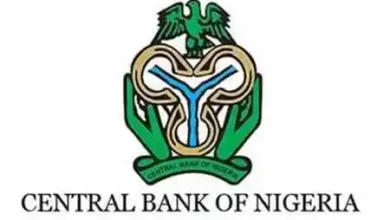
In a move to increase local currency financing in Nigeria, towards catalysing the nation’s economic growth, IFC, a member of the World Bank Group, has disclosed plans to inject over $1billion in the coming years.
IFC, has therefore, signed an agreement with the Central Bank of Nigeria (CBN) to manage currency risks and increase its investment in Nigerian naira across priority sectors of the economy, including agriculture, housing, infrastructure, energy, small and medium enterprises and the creative and youth economy.
CBN in a statement on Monday said, many of these sectors require local currency financing, and IFC’s partnership with the apex bank was a key tool in expanding access.
Speaking on the deal, CBN Governor, Mr Olayemi Cardoso said, “This pioneering initiative between the IFC and CBN will unlock much-needed long-term local currency financing for private businesses in Nigeria at economically viable rates.
“This collaboration marks significant progress in the CBN’s commitment to delivering innovative development initiatives through reputable third-party service providers, moving beyond traditional intervention programs. It will serve as a catalyst for economic growth and advance the Federal Government’s agenda for economic diversification,” he said.
Also speaking, IFC Managing Director, Makhtar Diop, said, “Expanding access to affordable local currency financing for small businesses in Nigeria is essential for IFC to address the increasing demand for diverse funding options and to better manage currency risk.
“Our partnership with the Central Bank of Nigeria will enhance lending in Nigerian naira, fostering economic growth and creating jobs across the country,” he said.
With an active portfolio of investments in Nigeria of up to $2.13 billion—the second highest in Africa—local currency financing is a key priority for IFC.
IFC said, it would continue to leverage innovative financial instruments and strengthen partnerships to meet the growing demand for more local currency financing in emerging markets.






